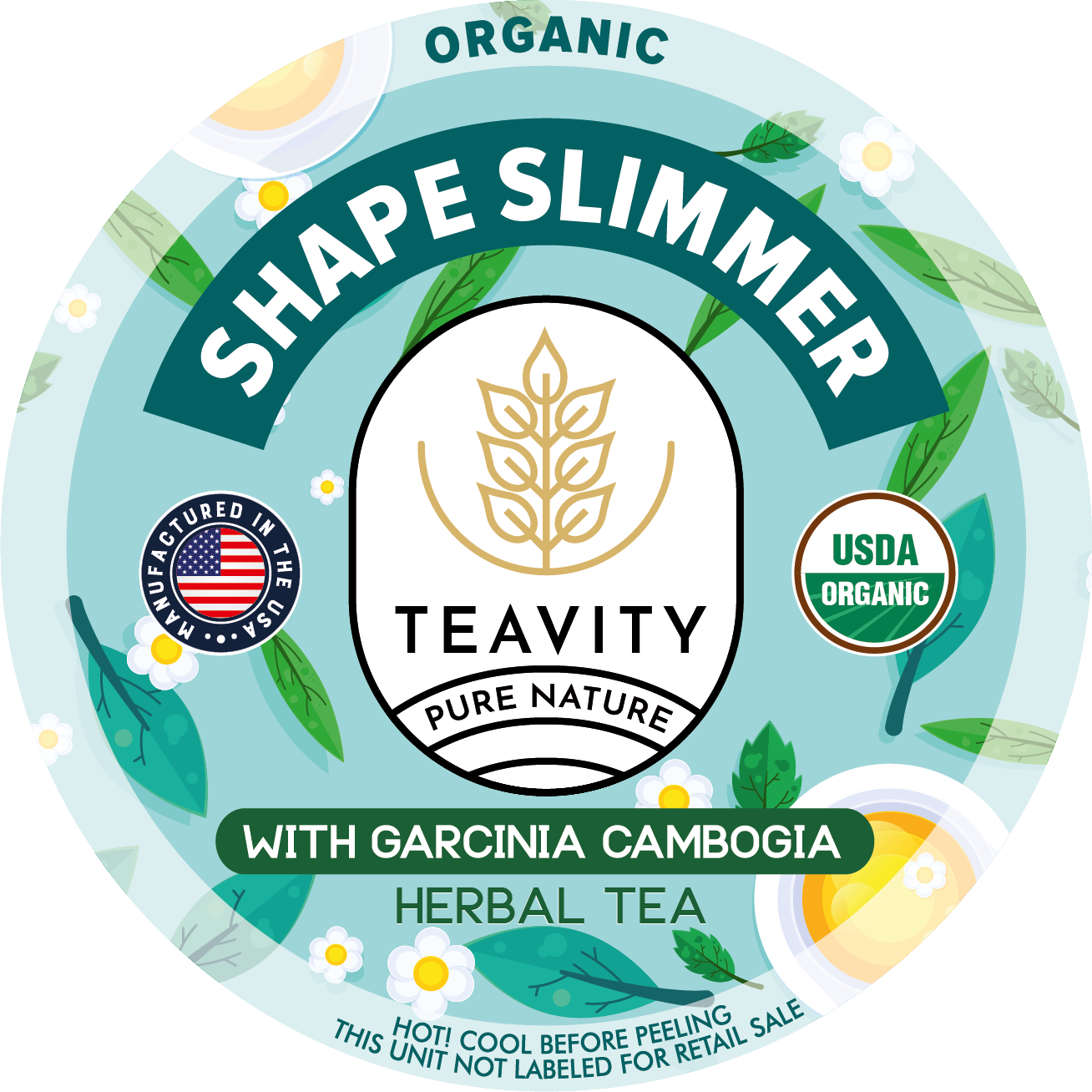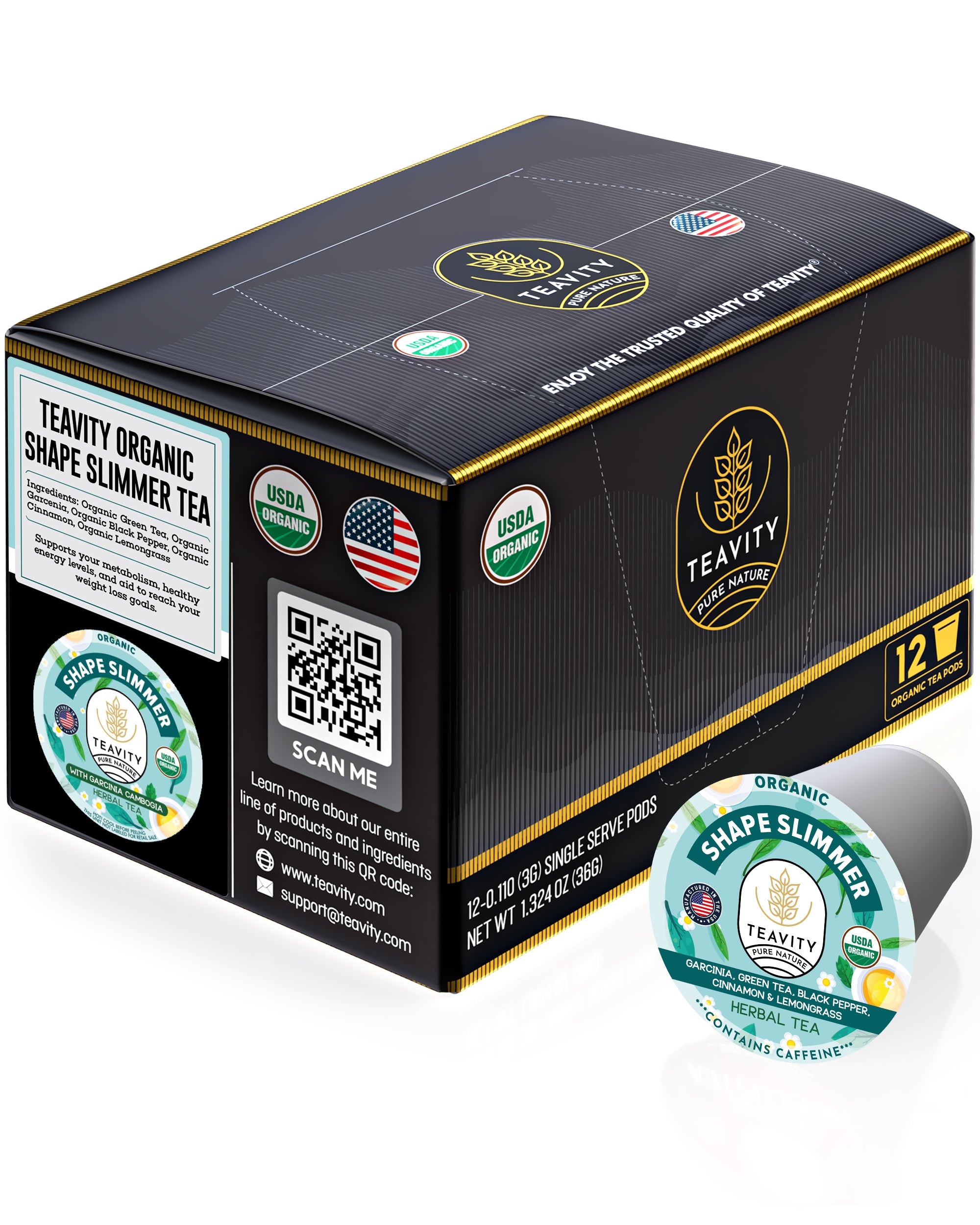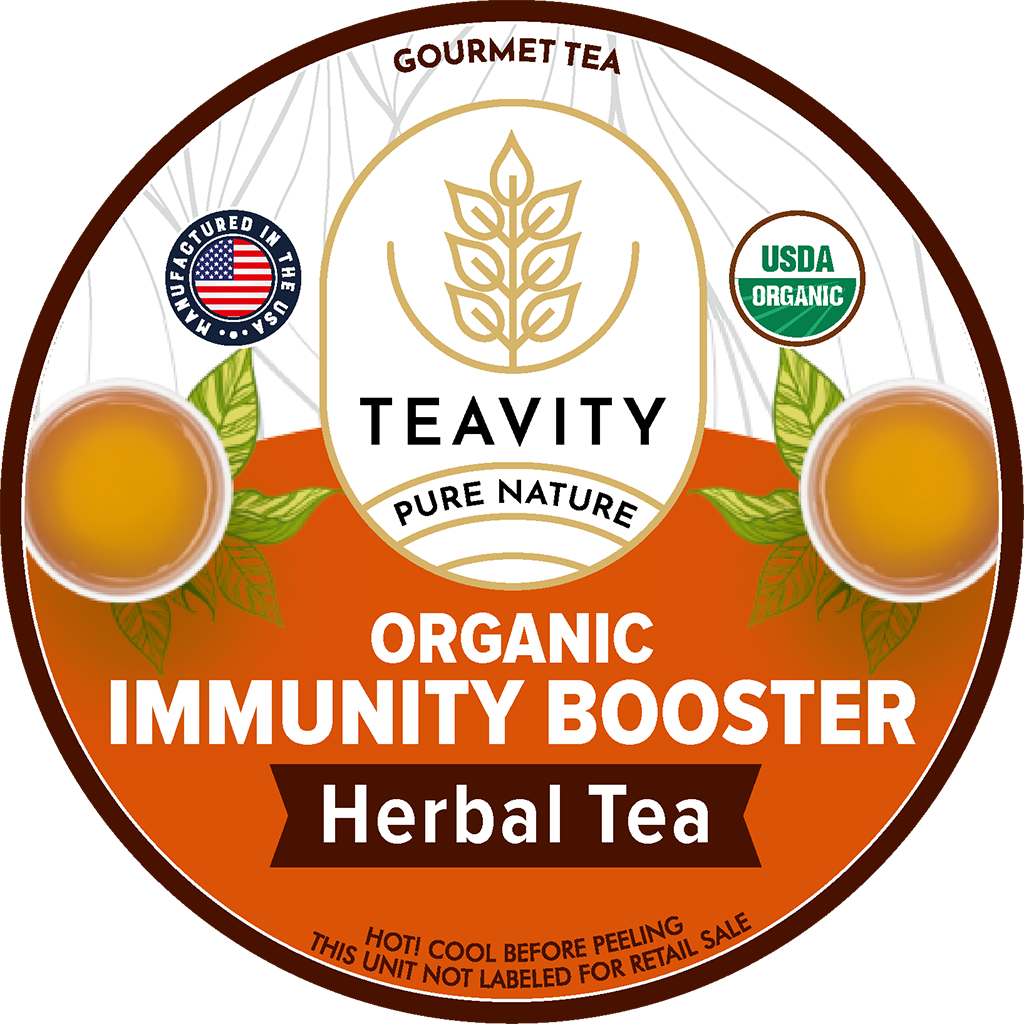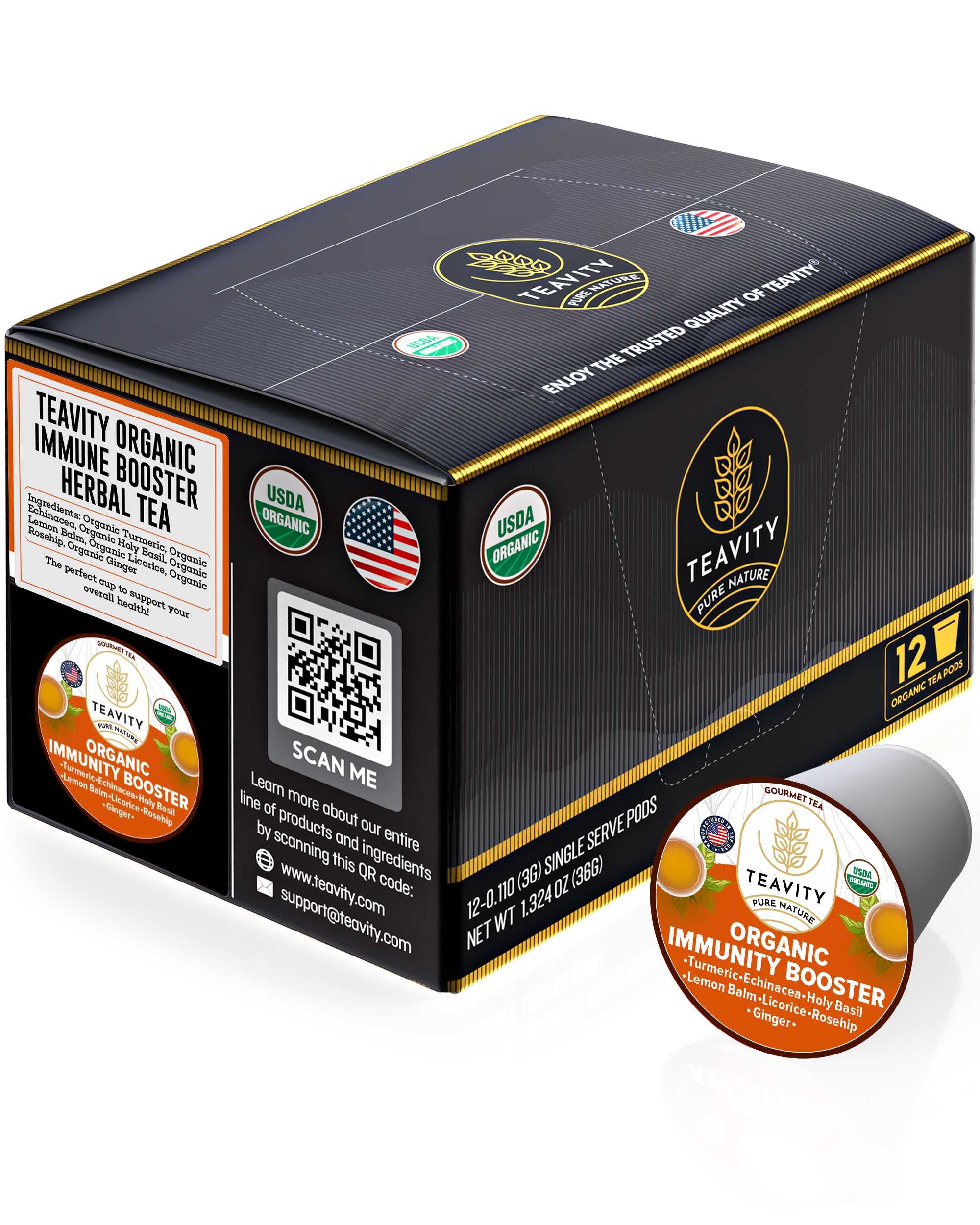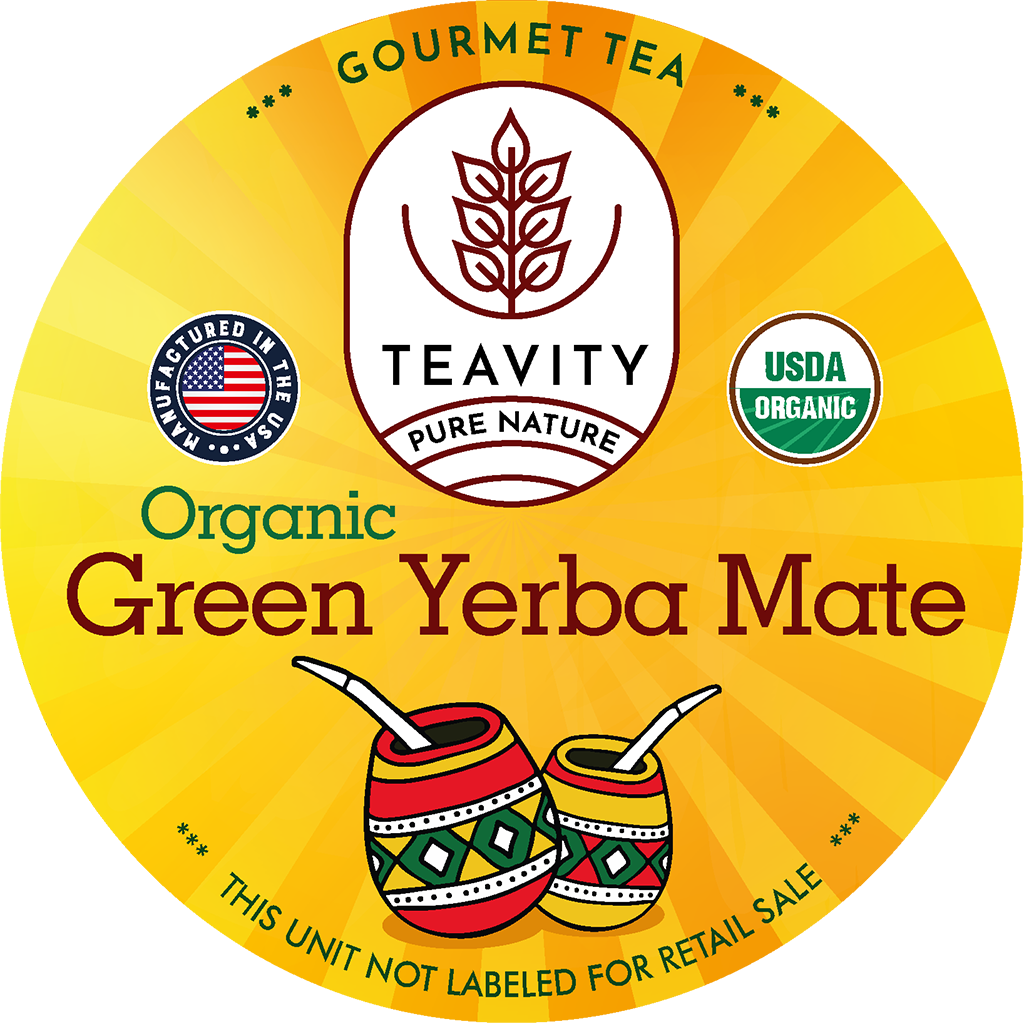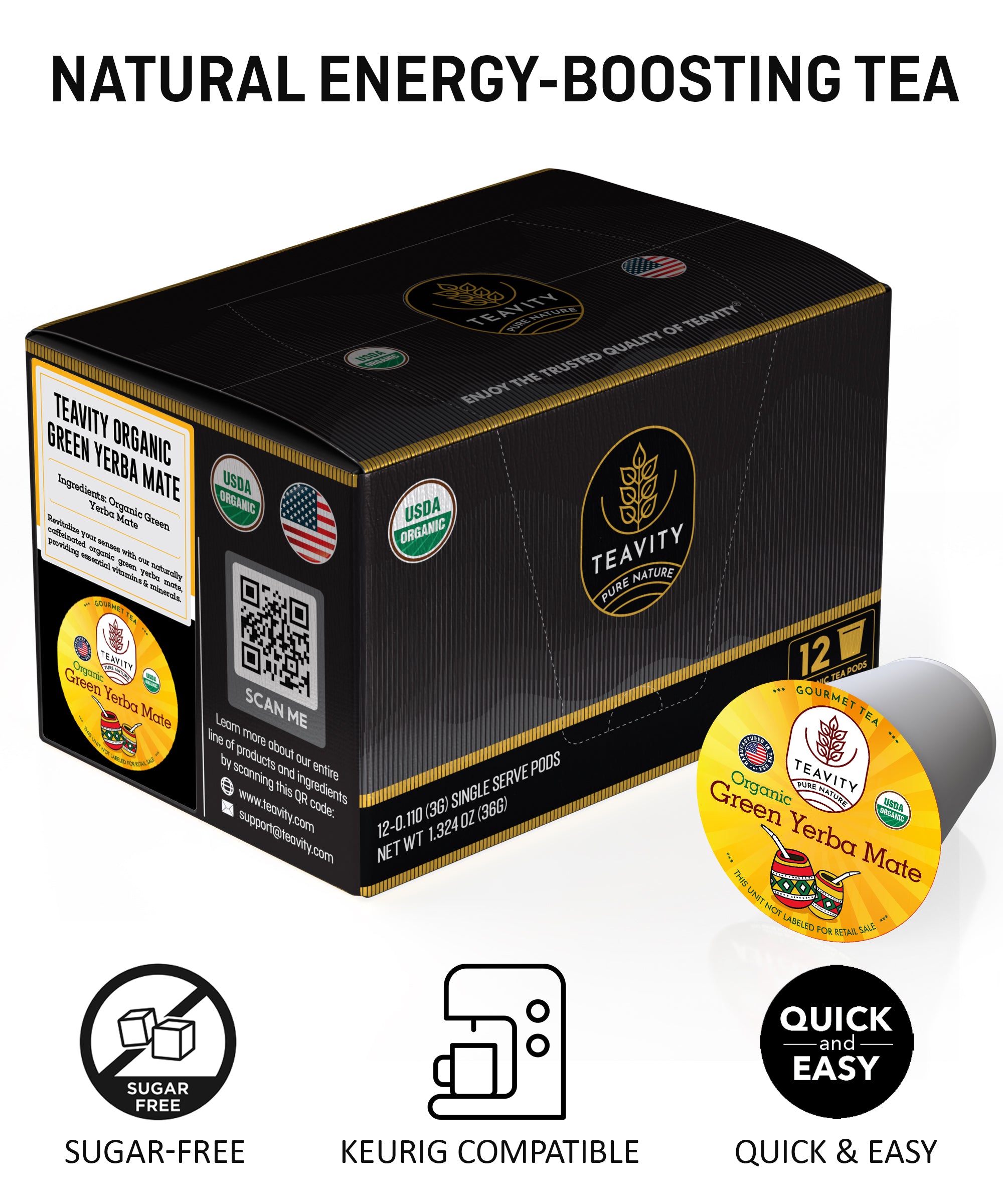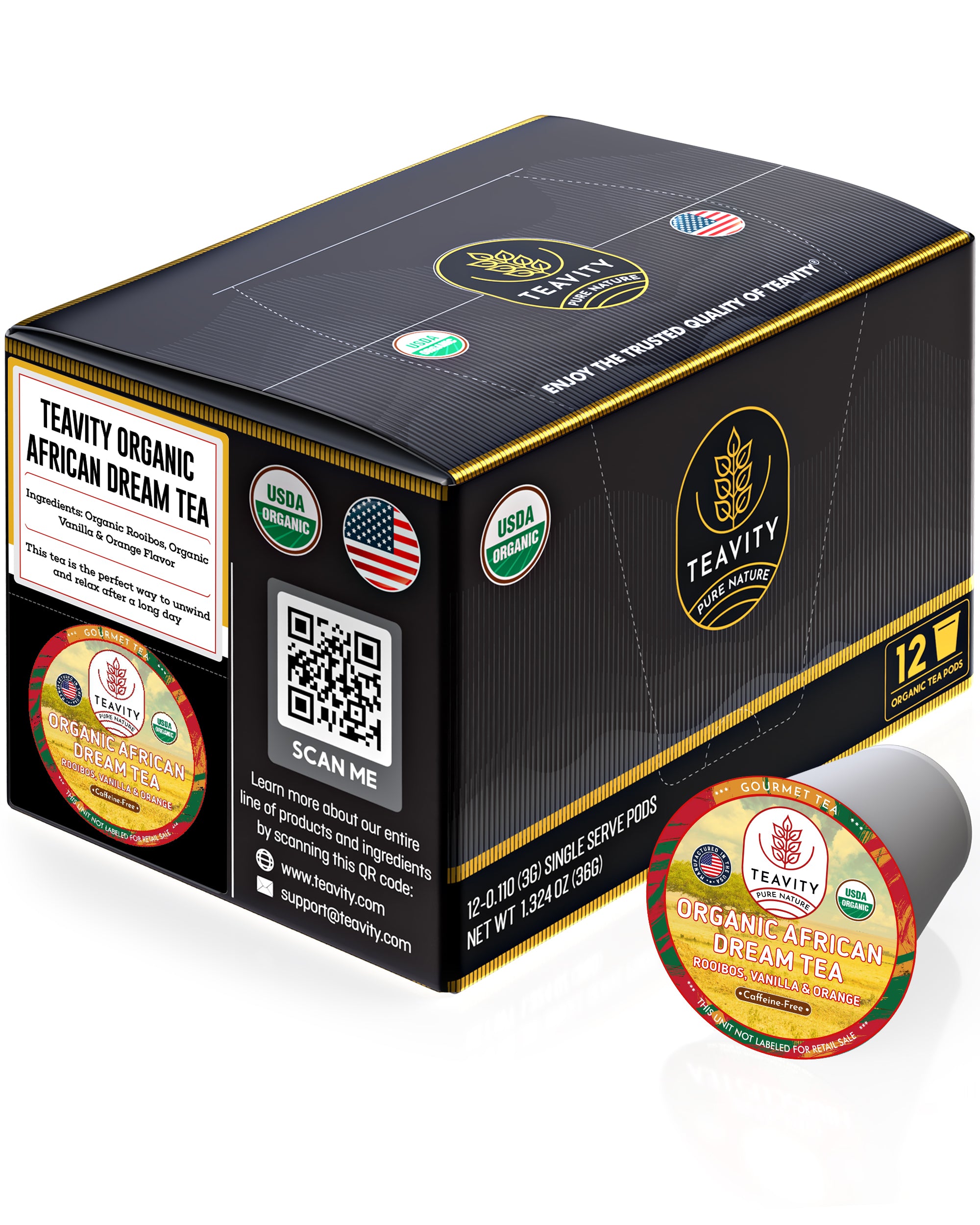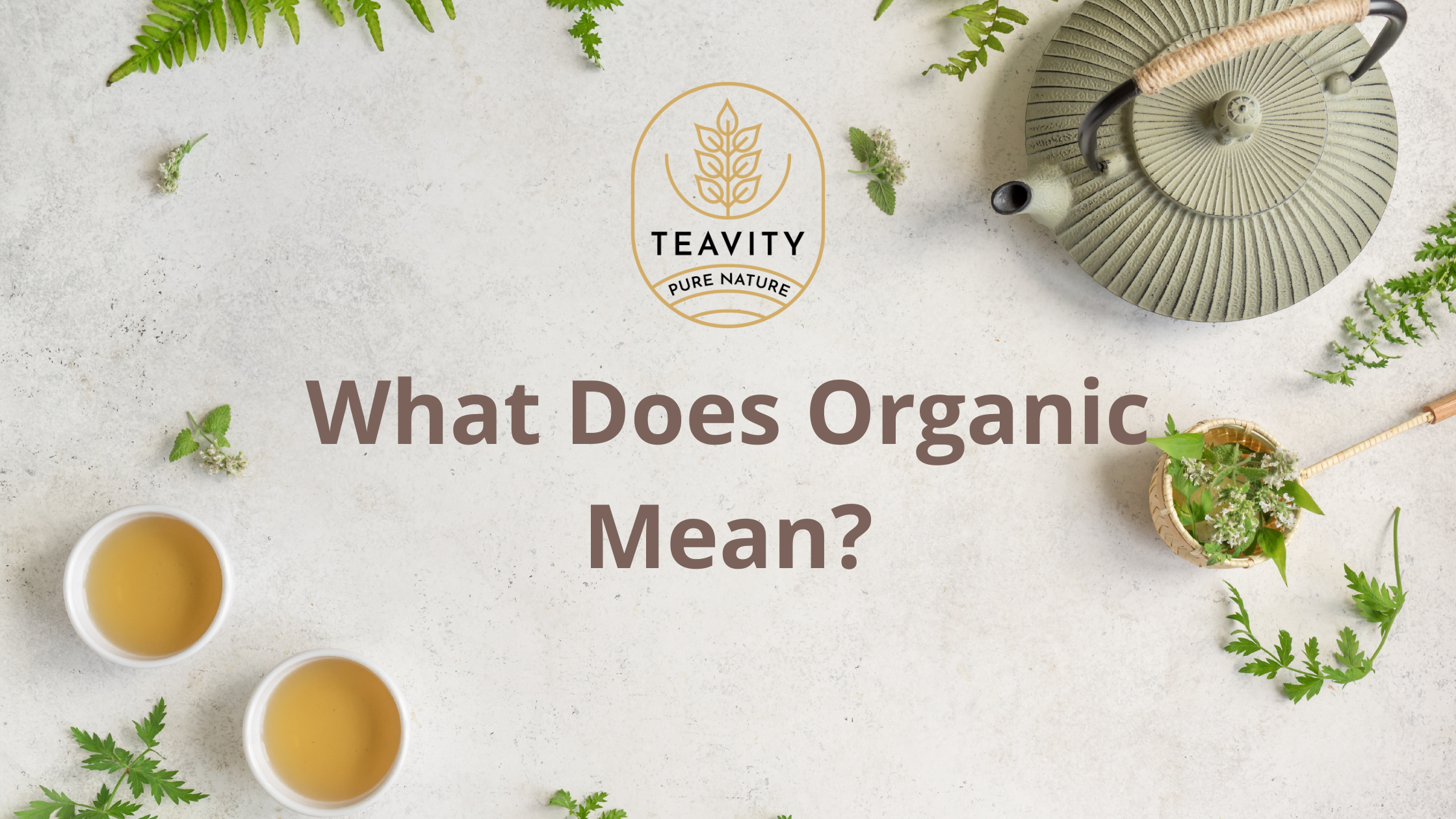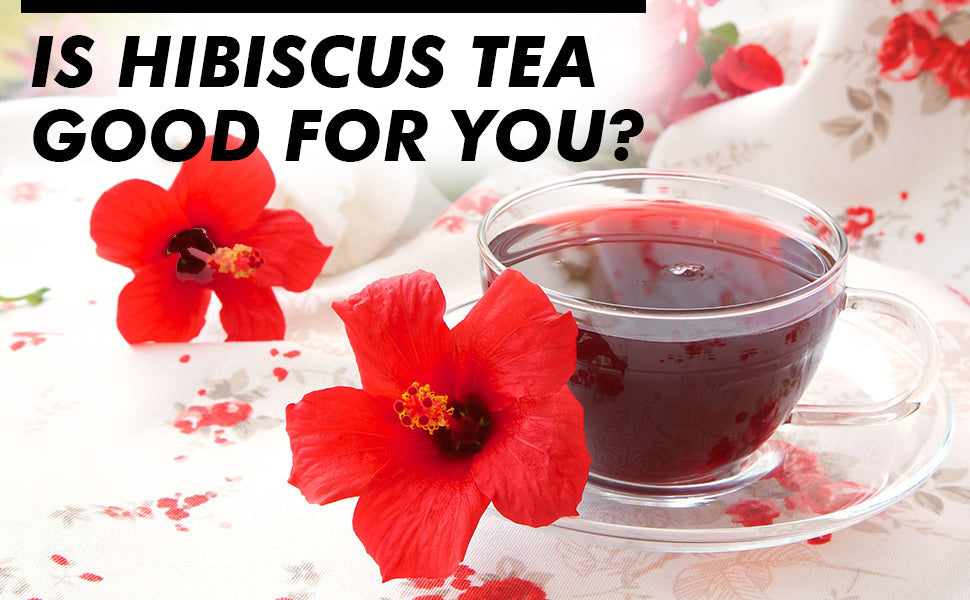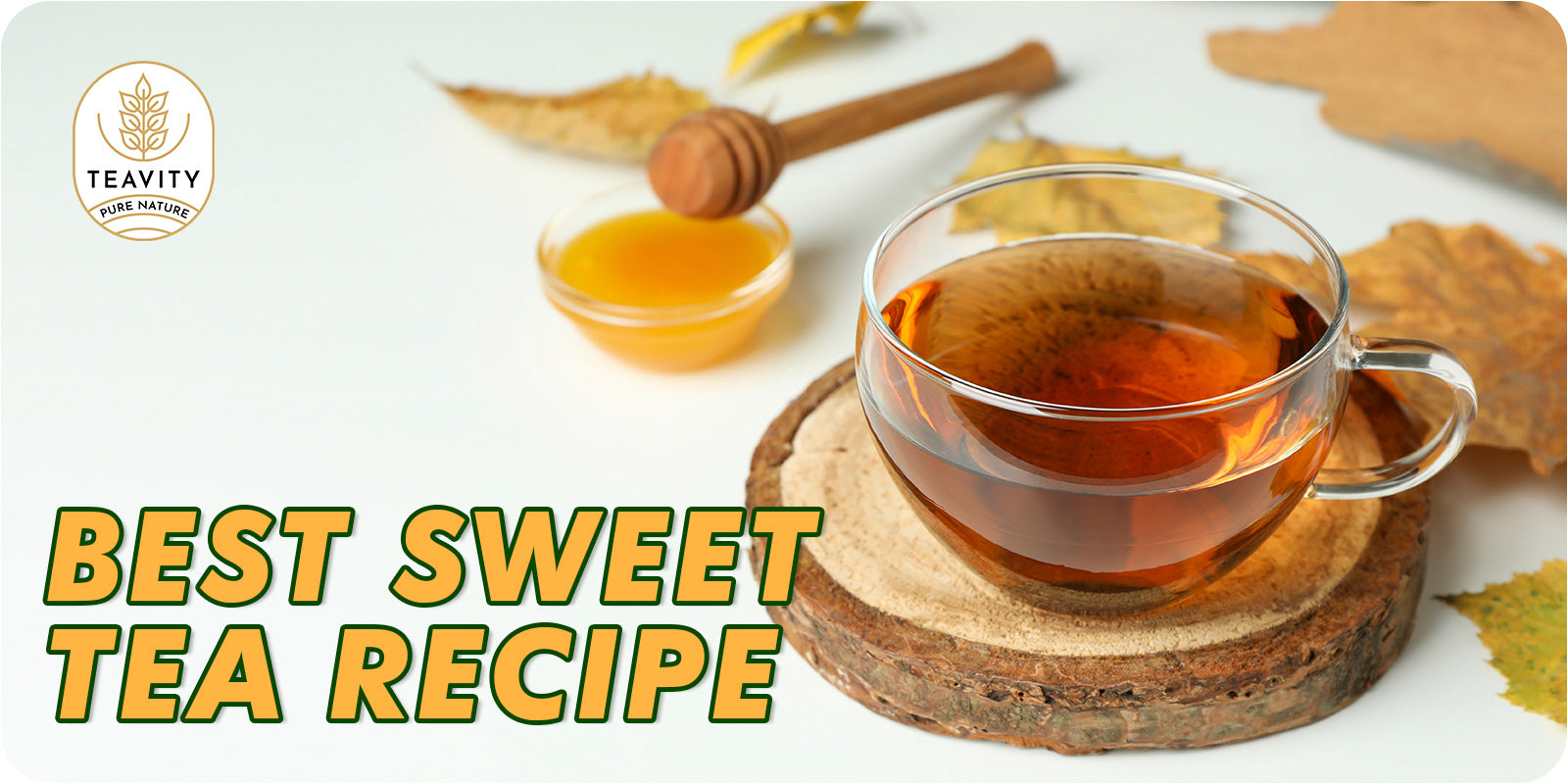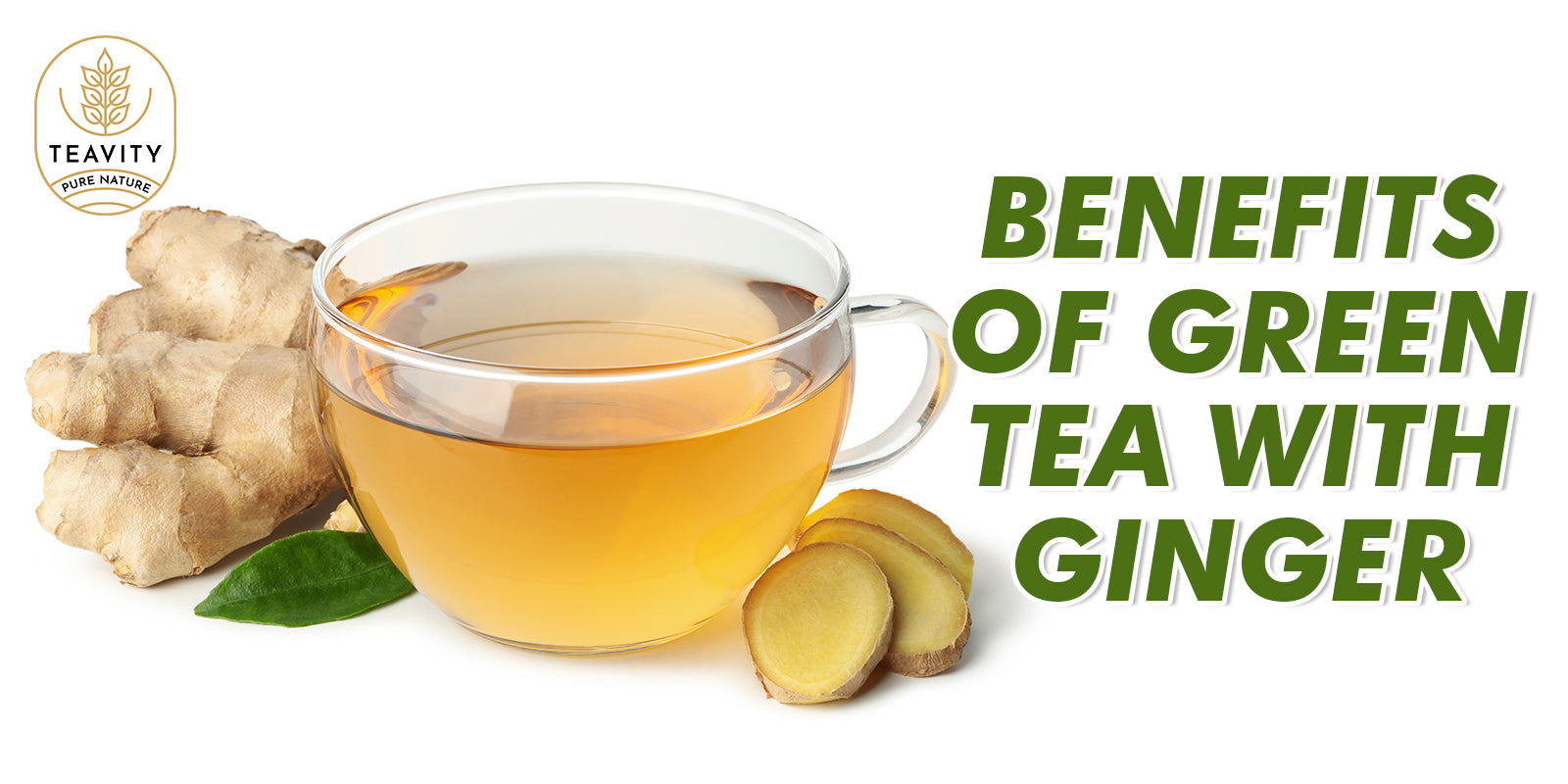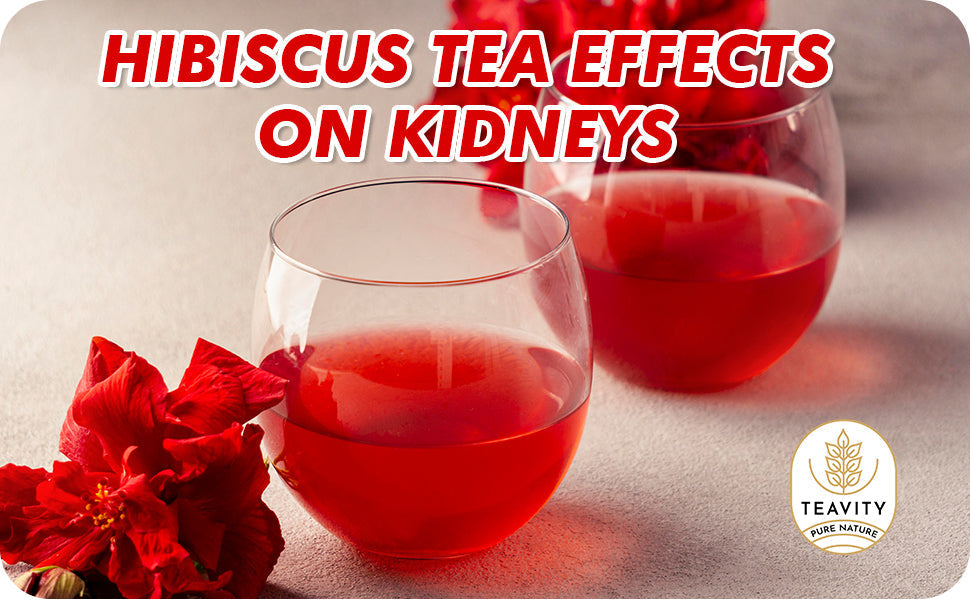
Hibiscus Tea Effects on Kidneys
How Hibiscus Tea Affects Kidneys: An In-Depth Look
Hibiscus tea, derived from the Hibiscus sabdariffa plant, has gained popularity for its refreshing taste and potential health benefits. In this article, we will explore the effects of hibiscus tea on kidney health, highlighting its potential benefits and precautions.
Understanding Kidney Health:
The kidneys play a vital role in maintaining overall health. They filter waste products, regulate fluid balance, control blood pressure, and produce hormones. Common kidney-related issues include chronic kidney disease, kidney stones, and urinary tract infections.
Benefits of Hibiscus Tea for Kidneys:
-
Lowering blood pressure and reducing the risk of kidney damage:
- Hibiscus tea has been shown to have antihypertensive properties, which can help lower blood pressure levels. By managing blood pressure, hibiscus tea may reduce the risk of kidney damage associated with hypertension.
-
Antioxidant properties and protection against oxidative stress:
- Hibiscus tea is rich in antioxidants, such as anthocyanins and vitamin C. These antioxidants help combat oxidative stress, a condition that can contribute to kidney damage. By reducing oxidative stress, hibiscus tea may support kidney health.
-
Potential diuretic effect and impact on kidney function:
- Some studies suggest that hibiscus tea may have a mild diuretic effect, promoting increased urine production. This diuretic effect may help flush out toxins and waste products from the kidneys, supporting their function.
-
Anti-inflammatory properties and reduction of kidney inflammation:
- The anti-inflammatory properties of hibiscus tea may help reduce inflammation in the kidneys. Inflammation can contribute to kidney damage and disease, so consuming hibiscus tea may help mitigate these effects.
Recommended Consumption and Precautions:
-
Optimal dosage and preparation of hibiscus tea:
- The recommended dosage of hibiscus tea is typically 1 to 2 cups per day. To prepare, steep 1-2 teaspoons of dried hibiscus petals in hot water for 5-10 minutes. Adjust the steeping time and amount of petals according to personal preference.
-
Precautions for individuals with kidney diseases or conditions:
- While hibiscus tea may offer benefits, individuals with existing kidney diseases or conditions should exercise caution. It is advisable to consult a healthcare professional before incorporating hibiscus tea into their routine.
-
Consulting a healthcare professional before consuming hibiscus tea:
- If you have any underlying medical conditions or are taking medications, it is always best to consult with a healthcare professional before adding hibiscus tea to your diet. They can offer personalized guidance tailored to your specific health needs.
Conclusion:
- Incorporating hibiscus tea into a balanced lifestyle can benefit kidney health. From its blood pressure-lowering effects to its antioxidant and anti-inflammatory properties, hibiscus tea offers a natural approach to support renal well-being. Enjoy a cup of hibiscus tea and take a step towards promoting your kidney health.
Tags:
Previous post
Hibiscus Tea Side Effects on Estrogen
Next post
